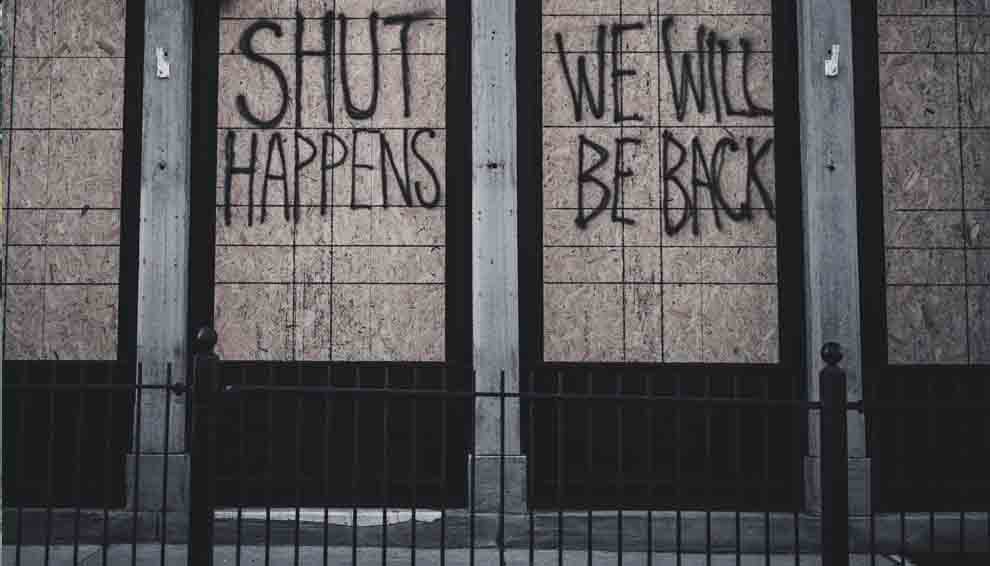TOMS RIVER, NJ – Governor Phil Murphy today crushed any hope small businesses would have had with putting off their unpaid rent for their commercial space while being forced out of business by the small business shutdown. Senate Bill No. 2363 was passed by the New Jersey Senate and Assembly, but it died on Murphy’s desk today. This bill would authorize a “distressed small business tenant” to suspend payments of rent following the issuance of a “rent suspension executive order.” The bill would have defined a distressed small business tenant as a business that had 50 or fewer employees on February 10, 2020, that leases real property for non-residential purposes, and whose monthly revenue does not exceed 80 percent of the tenant’s “reasonable expectations” as a result of the COVID-19 pandemic. In a nutshell, Murphy sided with the landlords.
The rent suspension executive order would specify the duration of the suspension, which could not exceed three months, and identify a repayment schedule of between six to nine months, which would begin on the first day of the second month after the COVID-19 emergency is lifted.
A commercial landlord would have been prohibited from evicting a distressed small business asserting an emergency rent suspension consistent with the executive order. The COVID-19 pandemic is having a devastating impact on small businesses throughout the country and here in New Jersey.
Murphy told small businesses they are the anchor of the financial resurgence in New Jersey, but too bad if you can’t make it through his forced shut down.
“Our small businesses are not only the storefront shops that anchor Main Street, they are also the engines of our State’s economy, responsible for creating jobs and spurring economic growth. Small businesses will fuel New Jersey’s resurgence when the COVID-19 pandemic is over,” Murphy said. “While I share the sponsors’ concern for the viability of our state’s small businesses, I am concerned that the approach contemplated in this bill fails to fully consider the financial impact that an emergency rent suspension would have on our non-residential property owners who are, in many cases, themselves small businesses.”
The bill would have allowed any business that meets the definition of a distressed small business tenant to assert a right to an emergency rent suspension, regardless of whether the business is capable of making its rent payments.
“The bill disregards the financial position of the impacted parties, shifting the financial burden in all cases from tenants onto property owners, who may not be relieved of their own obligations to pay mortgage payments and property taxes.”
Instead, Murphy ordered the Economic Development Authority (“EDA”) to provide grants during periods of emergency. So far, those grants have paid most businesses who applied between $2,000 and $4,000 in funding, barely enough for one month’s rent in most cases.
Photo by Jason Mowry on Unsplash
